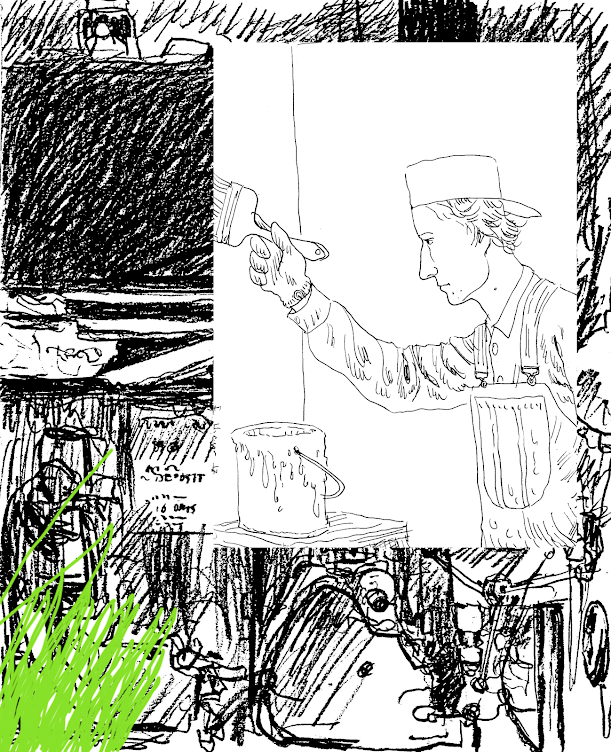finn harvor see circle 2013
At a recent post on Julian Assange on secret courts (following secret laws that no one is supposed to report on), my friend Doug comments , "Nixon was small time compared to this stuff. But the goal posts have moved and no one seems to care..."
I am not sure of the ultimate source(s) of this species of passivity, but I must say it seems to have become pervasive. It not only exists in politics but the arts. At his blog, Steven Beattie writes on the Penguin/Random House merger -- an example of corporate consolidation that would have aroused howls of protest, months of discussion, and vocalized unease among writers. Instead, what one finds now is an eerie quiet, as if this sort of event is simply business as usual. Of course, from the point of view of Penguin and Random House, the merger is not only strategically smart but strategically necessary: the industry is getting scared as it loses revenue from steep discounting at the retail end and the rise of an unruly (and non-exclusive) digital culture at the other. In the case of political reporting on the Edward Snowden, Julian Assange, and Bradley Manning, one finds a press corps that is doing its job on a day-to-day level.
Nevertheless, civil liberties are disappearing, and in the case of print publishing, a very cautious conservatism is taking over, making contemporary literary production more bland, more soul-less, more about the "brand" of literature than a really vital, vibrant, risk-taking literature itself. The publishers do not mean to do this: I talk to them, including people at the high level, and they are intelligent. They are also often personable -- not always, but often enough; sometimes they are easier to communicate with than people at the smaller houses (which also are becoming risk-averse -- the point here being that problems in the publishing industry run the entire spectrum). Similarly, the press corps is doing its best on the level of individual reporters trying to give stories legs. Nevertheless, when one views the press as a totality, it has difficulty conveying the alarming nature of the qualitative changes that are taking place on the level of civil liberties and defence of constitutional rights.
So what's happening? Is a numbed-out contentment the new normal for a civilization that is now so awash in escapist entertainment that as long as we've got a screen in front of our eyes we're not very alarmed as the culture is shrunk and our freedom is removed? Have we become -- collectively -- too wide-eyed and dim-witted to perceive what our interests are and how to defend them? Or are we cowards? Are writers not discussing the cultural ramifications of the Penguin Random merger and its effect on their careers precisely because of their ... careers? Is a craven sort of self-interest beginning to trump the ability to even speak publicly about events that affect one's chosen life's work? And with surveillance, are we so convinced that we're being spied on that we don't want to mention we're being spied on?
Is the age not only plastic, but flat?
Is the age not only plastic, but flat?


No comments:
Post a Comment